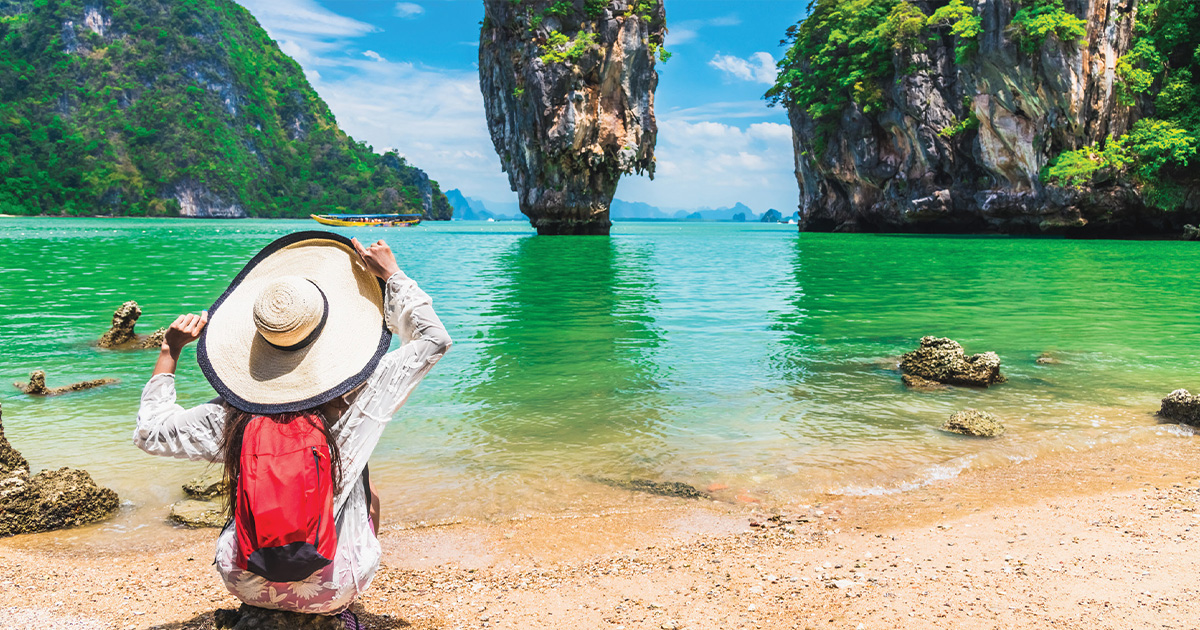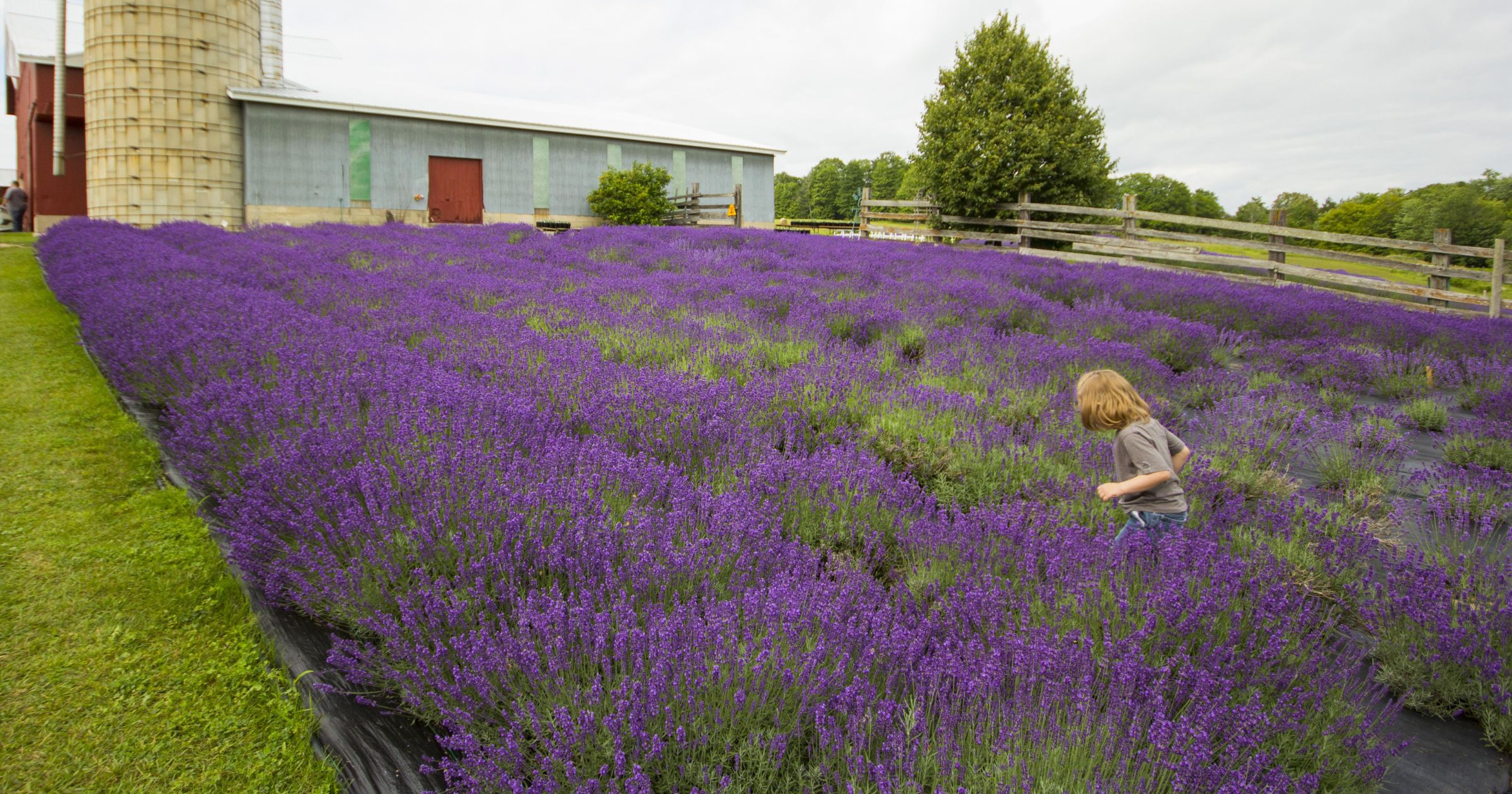
Exploring and Understanding Immersive Travel
When you hear the term "immersive travel," you might think you understand what that implies. Isn't all travel immersive in some way, after all?
Not necessarily!
There's a notable distinction between travel in its most basic form and what elevates it to an immersive experience your groups not only crave, but will want to experience over and over again.
Samantha Hardcastle, founder of the Storied Experience (thestoriedexperience.com) and Reverie (wereverie.com), understands this difference well, as she's spent the last 13 years working with a variety of experience designers, tour operators and activity hosts to help them differentiate and stand out in a competitive market. Her app, Reverie, is an immersive journey mapping tool aimed at making the whole process easier.
Hardcastle says the best way to explain the contrast between what's considered immersive and not is to think of something that's simply surface level.
"When something is surface level, there's a lack of depth and lack of novel, attention grabbing stimulation," Hardcastle said. "This leads to a lack of emotional resonance, resulting in travelers who are just moving through a destination on auto-pilot."
Great! But why does this differentiation matter so much today? Following the COVID-19 pandemic, searches for immersive travel have undoubtedly increased.
"I believe this [increase] is because people had become so disenchanted with the overly familiar and mundane aspects of their own life," Hardcastle said of traveler's views during the pandemic. "But also there's a flipside to this: People started exploring new hobbies during COVID and when lockdown restrictions were lifted, they finally had the ability to go out and explore those new interests on a deeper, more interactive level."
And while you may be tempted to further categorize immersive travel into specific types, Hardcastle warns against doing so.
"I find these categorical groupings of tourism do more harm than good because it keeps our focus too narrow, closed off to other ways to immerse travelers," she explained. "Travelers who are seeking immersion are typically curious, adventurous travelers—they don't like to be put into boxes. They shouldn't be forced to decide between culinary immersion or adventure immersion. Real life isn't experienced this way, so why should travel be?"
The most immersive experiences, Hardcastle said, are the ones that combine all aspects of culture into one journey.
"If we look at the 'cultural iceberg,' we want to ensure an experience is of course expressing a variety of surface culture—what people see, such as food and drink and the arts—but more importantly, we want to introduce travelers to deep culture, a less tangible form of culture such as beliefs, values, traditions, beauty ideals, etc.," she said. "A recent experience I did in Sicily started with a canyon hike, which took us through an old church, and ended with lunch in an old cheese cave hosted by a family. This had elements of adventure, spiritual and culinary immersion—all in the span of five hours!"
For those group travel professionals who want to incorporate more intentionally immersive experiences into their itineraries and offerings to groups, Hardcastle suggests conducting a moment-mapping exercise, allowing you to see where your peak immersive moments lie and where you begin to tow the surface-level line.
When mapping out your journey, Hardcastle notes to pay close attention to how each moment or activity:
Enables interaction with the local culture. "The more someone is invited to interact, the more they are paying attention, and therefore the more immersed they are."
Resonates (emotionally) with travelers. "Look beyond the typical emotions of joy and excitement to truly empathize with your travelers and understand the experience's impact."
Expresses the deep culture of a destination. "What is it that really makes this destination different? And how can you bring these differences to life in a way that impacts travelers in enriching ways?"
Written by Sarah Suydam, Managing Editor for Groups Today.
This article originally appeared in the Jan/Feb '24 issue of Groups Today.



